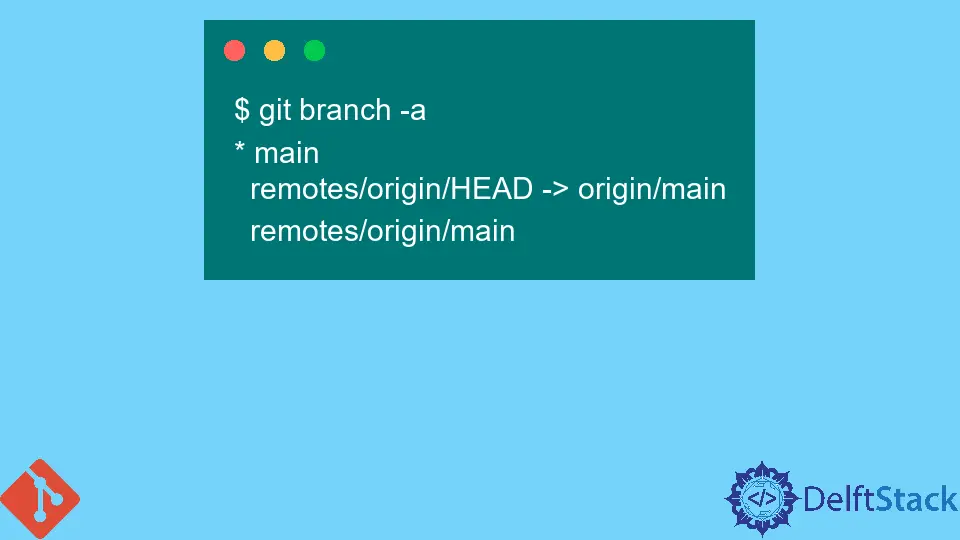How to Push and Track a New Local Git Branch to a Remote Repository
- Creating a New Local Branch
- Pushing the Local Branch to Remote
- Checking the Status of Your Branch
- Making Further Changes and Pushing Again
- Conclusion
- FAQ

When working with Git, managing branches effectively is crucial for maintaining a clean and organized codebase. Whether you’re collaborating with a team or managing your own projects, knowing how to push a local branch to a remote repository and track it is essential. This process allows you to share your work seamlessly and keep your project synchronized across different environments.
In this article, we will explore the steps to push a new local Git branch to a remote repository and track it, ensuring that you have all the tools you need to manage your code efficiently. Let’s dive in!
Creating a New Local Branch
Before pushing a branch to a remote repository, you first need to create it locally. Here’s how to do it:
git checkout -b my-feature-branch
This command accomplishes two tasks: it creates a new branch called my-feature-branch and switches to it immediately. The -b flag is essential as it tells Git to create the branch if it doesn’t already exist.
Once you are on the new branch, you can start making changes to your code. After committing your changes, you’ll be ready to push this branch to the remote repository.
Pushing the Local Branch to Remote
Now that you have your local branch set up and your changes committed, it’s time to push it to the remote repository. Use the following command:
git push -u origin my-feature-branch
In this command, origin refers to the default name of your remote repository. The -u flag is particularly useful as it sets the upstream tracking relationship between your local branch and the remote branch. This means that in the future, you can simply use git push or git pull without specifying the branch name.
Output:
Counting objects: 3, done.
Delta compression using up to 4 threads.
Compressing objects: 100% (3/3), done.
Writing objects: 100% (3/3), 337 bytes | 337.00 KiB/s, done.
Total 3 (delta 0), reused 0 (delta 0)
To https://github.com/username/repo.git
* [new branch] my-feature-branch -> my-feature-branch
Branch 'my-feature-branch' set up to track remote branch 'my-feature-branch' from 'origin'.
This output confirms that your new branch has been successfully pushed to the remote repository. The tracking relationship is now established, allowing for easier synchronization in the future.
Checking the Status of Your Branch
After pushing your branch, it’s a good idea to check its status. You can do this using the following command:
git branch -vv
This command lists all your local branches along with their tracking status. You’ll see your new branch listed with an indication of which remote branch it’s tracking.
Output:
* my-feature-branch 1234567 [origin/my-feature-branch] Commit message
main 89abcdef [origin/main] Commit message
The output shows that your local branch my-feature-branch is tracking the remote branch of the same name. This tracking relationship simplifies future operations like pulls and pushes, as Git knows which branch to synchronize with.
Making Further Changes and Pushing Again
As you continue developing your feature, you’ll likely make additional changes and want to push those updates. After committing your latest changes, simply run:
git push
Since you already set the upstream tracking with the -u flag, Git knows where to send your updates.
Output:
Counting objects: 5, done.
Delta compression using up to 4 threads.
Compressing objects: 100% (5/5), done.
Writing objects: 100% (5/5), 678 bytes | 678.00 KiB/s, done.
Total 5 (delta 0), reused 0 (delta 0)
This output indicates that your changes have been pushed successfully. This streamlined process allows you to focus more on coding and less on managing your branches.
Conclusion
Pushing and tracking a new local Git branch to a remote repository is a fundamental skill for any developer. By following the steps outlined in this article, you can create a new branch, push it to your remote repository, and keep it synchronized with ease. Remember, using the -u flag when pushing for the first time establishes a connection between your local and remote branches, simplifying your workflow in the future. Embrace these practices to enhance your Git proficiency and collaborate more effectively with your team.
FAQ
-
How do I create a new branch in Git?
You can create a new branch in Git by using the commandgit checkout -b branch-name. -
What does the
-uflag do when pushing a branch?
The-uflag sets the upstream tracking relationship between your local branch and the remote branch, simplifying future push and pull commands. -
Can I push an existing local branch to a remote repository?
Yes, you can push an existing local branch using the commandgit push -u origin existing-branch-name. -
How can I check which remote branch my local branch is tracking?
You can check the tracking status of your branches using the commandgit branch -vv. -
What should I do if I want to delete a remote branch?
You can delete a remote branch using the commandgit push origin --delete branch-name.
John is a Git and PowerShell geek. He uses his expertise in the version control system to help businesses manage their source code. According to him, Shell scripting is the number one choice for automating the management of systems.
LinkedIn